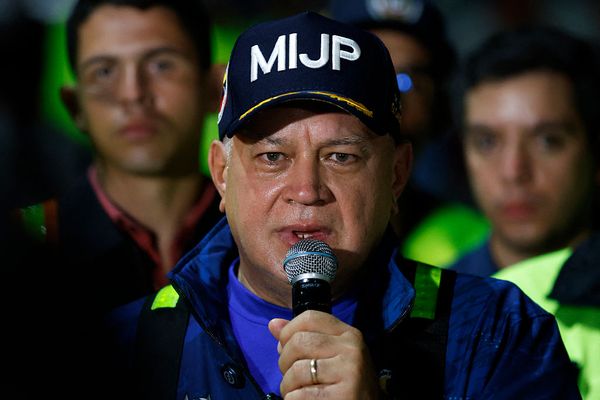
Journalists will be able to report what they see and hear in the family courts in three locations in England and Wales from next week as part of a long-awaited pilot to improve transparency in the justice system.
Currently, reporters may attend hearings that are closed to the public but can only publish details of what they observe if the judge agrees to vary the automatic reporting restrictions in place to protect the privacy of children.
Under the pilot, which will launch on Monday in Leeds, Cardiff and Carlisle, the starting point will be that accredited journalists and legal bloggers can report on the proceedings provided they protect the anonymity of the families involved.
The president of the family division, Sir Andrew McFarlane, said the move was a “really big change”.
He said that for many years the issue of opening up the family courts to greater scrutiny had “sat in the too difficult box” owing to the challenge of “squaring the circle” of improving public confidence while retaining the anonymity of children and parents.
The scheme could be rolled out to every court in England and Wales after the pilot was evaluated by an outside agency, McFarlane said.
Just under 250,000 cases go through the family justice system each year, and previously there has been criticism that it is operating “in secret”.
The courts have the power to make life-changing decisions about children, such as placing them in care or deciding who they should live with when there is a parental dispute or allegations of abuse.
McFarlane said: “I don’t think there is a crisis of [public] confidence but I think there is a vacuum at the moment. They don’t know what we do, so they can’t be confident.”
He said he anticipated an initial flurry of interest but added: “For the pilot to work we really need journalists to turn up to an ordinary case on a wet Tuesday afternoon in March so that we get a reasonable volume and spread of experience.”
Journalists will be issued with a “transparency order” and provided with key court documents. They must not publish any details that could identify the family involved but will be able to name local authorities and high-level individuals involved in a case, such as court-appointed experts.
However, the judge will retain discretion to ban reporting or vary the standard order if justified by the circumstances.
Another significant change is that lay parties will be permitted to talk to journalists and give interviews anonymously; under current law they could be found in contempt of court for doing so.
Angela Frazer-Wicks, a survivor of domestic abuse who had her children removed from her care by the courts, said this particular change was an important step forward.
“If we can start to hear the voices of the families who are going through the system then hopefully we can bring about acknowledgment of what needs to change – but also what is working well,” she said.
Frazer-Wicks, who is the chair of trustees for Family Rights Groups, said she hoped greater transparency would improve the public’s understanding of the circumstances in which children are taken from their birth parents by the state.
“It feels like the odds can be stacked against families,” she said. “I know from my own experience the sheer frustration at a lack of transparency or accountability for the things being done to me and not having anyone I could speak to. I felt like I had no voice.”
Having journalists “in the room” should mean local authorities and judges were more accountable for their decisions, she added.
At a recent stakeholders’ meeting, Mrs Justice Lieven, who has led the group that devised the pilot, said the family courts made “the most draconian orders about families that it is possible to contemplate”.
She said: “We are taking children away from their birth families and in some cases, indeed many cases, severing links to the birth family for the whole of that child’s childhood, often in the face of the fiercest opposition, and we are doing that without any public scrutiny and that feels to me deeply uncomfortable. Being open and transparent is a way of raising standards in the justice system.”







